A Complete Guide to Healthy Eating Out For Student Athletes and Adults



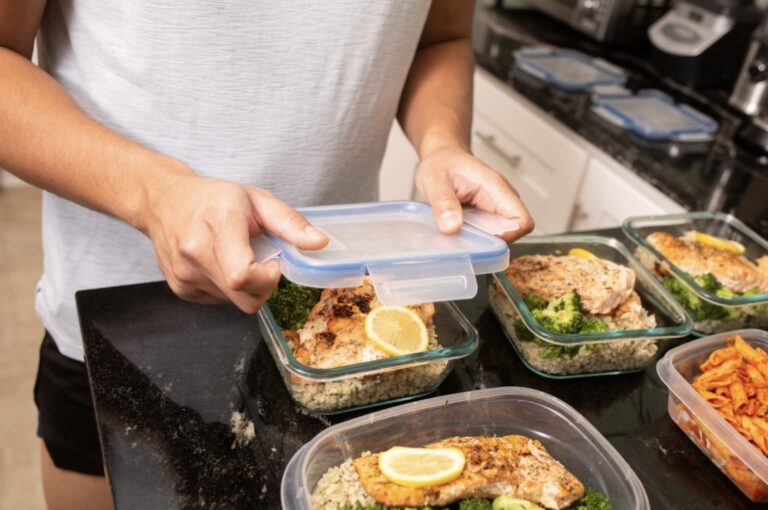
For athletes, proper nutrition is the cornerstone of peak performance. Whether you’re a student athlete, seasoned competitor, or a weekend warrior, meal prepping can be a game-changer when it comes to meeting your nutritional needs. Here are five key tips…

Amenorrhea & Athletes: 3 Tips For Females to Get Their Period Back Relative energy deficiency in sport (RED-S) is the consequence of low-energy availability (LEA) in athletes, adversely affecting an athletes’ performance and health. RED-S can occur in both…
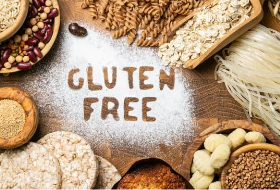
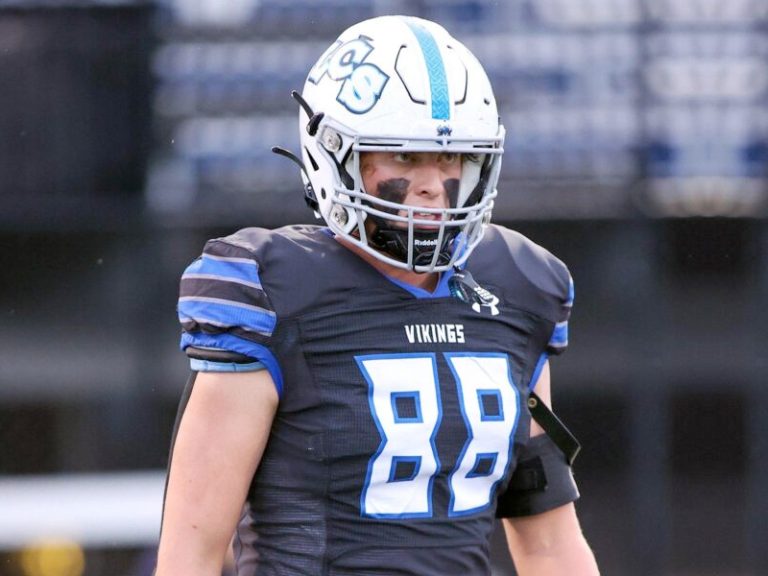


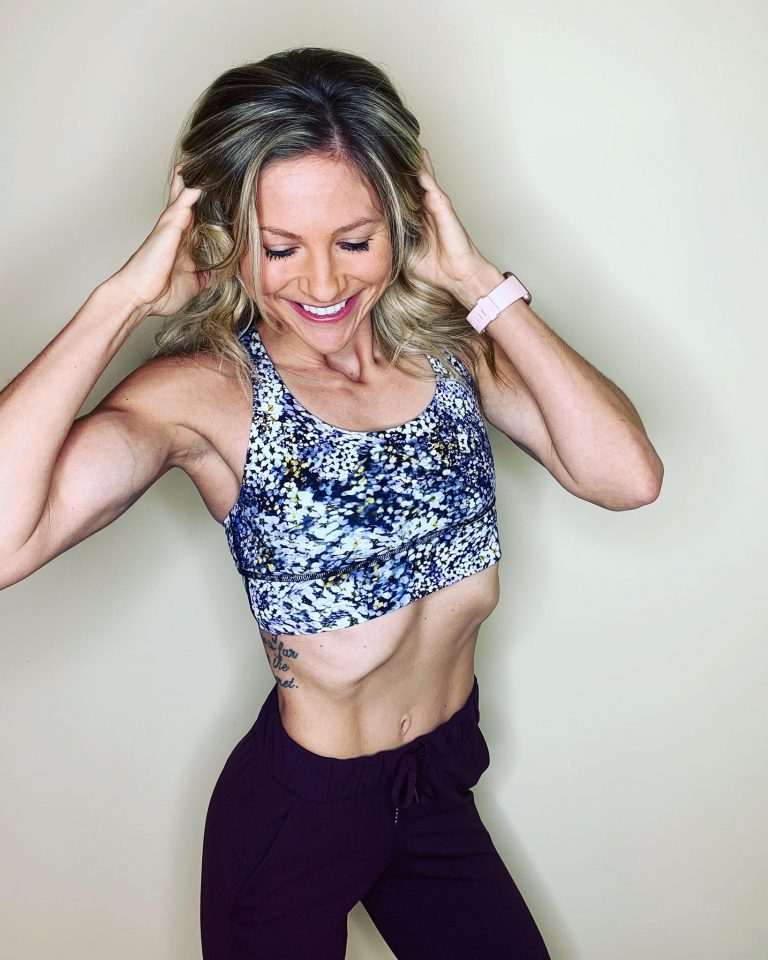
Have you ever felt “out-of-control” in areas of your life that you know Jesus wants you to be better in? I am not talking about attending church or worship here. Yes, you should absolutely attend regularly and seek His word.…
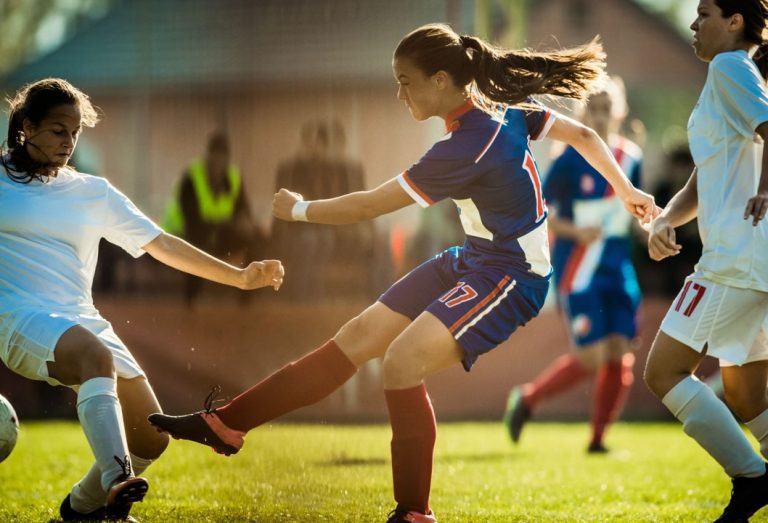
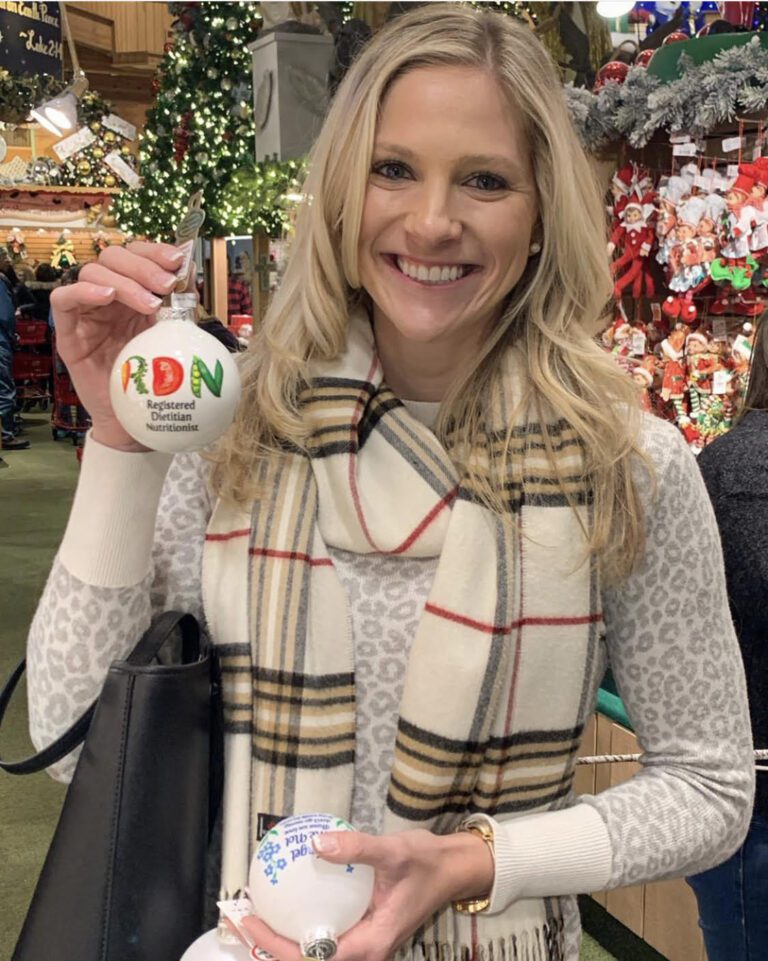
Are you looking for the perfect gift for your friends, colleagues, or loved ones? Well then look no further! Purchase a gift certificate for nutrition services provided by Wendi Irlbeck, Registered Dietitian Nutrition, and Healthy Lifestyle Coach! This is…

It seems like everyone is on a diet these days. In fact, many have spent their entire lives trying to lose weight and are chronically dieting. According to the CDC nearly one-half of adults have tried to lose weight within…